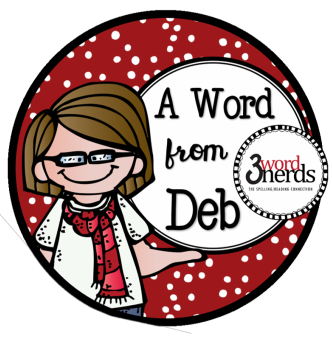
There are more rules for the Magic E, but these two will give you something to chew on for today! If you think you have an exception - leave a comment! We'll investigate and respond.

Often it is thought that words without long vowel sounds are irregular and don't follow any rule. Chances are, you weren't taught the rule that applies in those situations! Here are some examples:
These are two syllable words and have a final stable syllable - a syllable with a consonant and le. The silent e is used because every syllable has a vowel - in this case, a silent one! You might be thinking that the silent e in bugle makes the vowel long. Actually, the vowel is long because it is an open vowel in the first syllable. Because the vowel does not have a consonant to follow it in the syllable, and it's accented, it is long. The word, stumble, has a short vowel in the first syllable because a consonant follows it in the syllable and keeps the vowel short. Sound confusing? Give yourself a moment to think about it and find some words to test out the rule. Comment if you find one that might be an exception!


 RSS Feed
RSS Feed